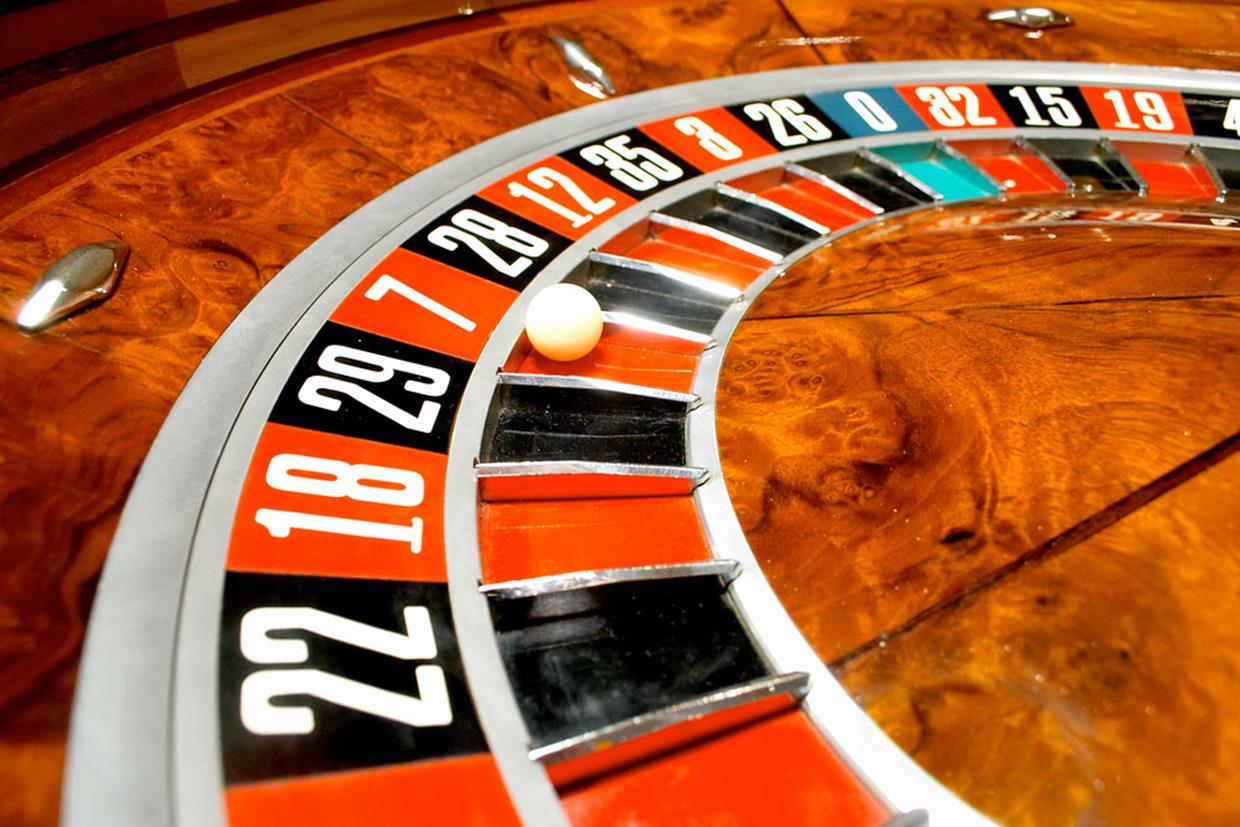The History Of Gambling
June 7, 2012 in Daily Bulletin

The BBC took a look at the history of gambling. Highlights include:
- Gambling has been around in some form or another for over 5,000 years. The Egyptians are thought to have been avid gamblers.
- In Rome it became so popular that authorities tried to limit it to Sundays.
- The Roman Emperor Claudius was obsessed and wrote a book called “How to win at dice.”
- In 1558 the odds against the Spanish Armada sailing to England are said to have been 5:1 – although this may have been a ruse by the Spanish.
- Up until the Rennaissance nobody looked at the mathematics of the game – perhaps because before then people believed that chance was driven by an external force.
- The 1700s were the time of eccentric gamblers. One man won a fair amount of money by riding backwards on a horse from London to York.
- Gambling crept into sports and led to match-fixing. In one rather hilarious cricket match both teams were desperately trying to lose.
To read many more details including a perceptive gambler from the 1600s who was smart enough to look into his odds, why it’s not surprising that the Duckworth-Lewis method was invented by statisticians, the golden age of betting on gut feelings, the rise of spot-fixing, the home of cricket, the type of gambling that gives you the best odds at winning, how cricket became a gentlemen’s game, and what gamblers and statisticians have in common click here.
Source: BBC
Join the Discussion! (No Signup Required)